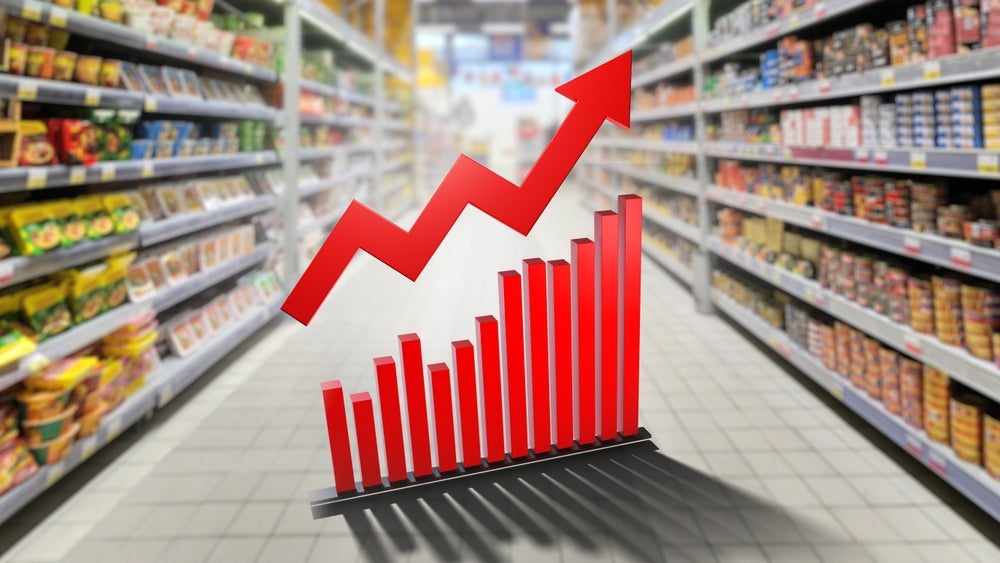
The bond market’s conflicting pressures intensified Wednesday after hotter-than-expected January inflation data challenged earlier concerns about economic slowdown under President Donald Trump‘s trade policies.
Consumer prices rose 3% year-over-year, exceeding expectations of 2.9% and marking the fourth consecutive increase in annual inflation. The monthly reading surged 0.5%, the largest increase since August 2023.
“There’s an underlying fear that growth might be slowing down,” Apollo Chief Economist Torsten Slok told the Financial Times on Monday, citing trade war concerns. However, Wednesday’s inflation data shifted market focus back to price pressures.
Don’t Miss:
The U.S. dollar, which had slipped 0.4% since early January, reversed course with a 0.5% rally Wednesday. Treasury yields, which had dropped to 4.54% from January highs of 4.8%, jumped 10 basis points following the consumer price index report.
Traders now expect the Federal Reserve’s first rate cut to come no earlier than December, with a second cut priced for September 2026, according to CME FedWatch data. It’s a shift from earlier market expectations.
President Donald Trump on Truth Social Wednesday called for lower interest rates, suggesting the move would complement his tariff policies. It comes as his administration delayed 25% tariffs on Mexico and Canada while implementing 10% additional tariffs on Chinese imports.
Trending: Maker of the $60,000 foldable home has 3 factory buildings, 600+ houses built, and big plans to solve housing — you can become an investor for $0.80 per share today.
Core inflation, excluding food and energy, increased 3.3% year-over-year, exceeding forecasts of 3.1%. Among major CPI components, fuel oil jumped 6.2% month-over-month, while the index for meats, poultry, fish, and eggs rose 1.9%.
Egg prices alone surged 15.2%, the largest increase since June 2015, accounting for about two-thirds of the monthly food increase.
“If the Fed were truly committed to its 2% inflation target, market participants would be discussing a potential rate hike and not just a longer pause in the cutting cycle,” Allianz Chief Economic Adviser Mohamed El-Erian said on X.
The inflation data complicates the outlook for emerging markets, which had shown resilience against Trump’s trade policies. Since his second term began, the Chilean peso gained over 3%, while the Colombian peso and Brazilian real rose more than 6% against the dollar.
Read Next:
Market News and Data brought to you by Benzinga APIs
© 2025 Benzinga.com. Benzinga does not provide investment advice. All rights reserved.


